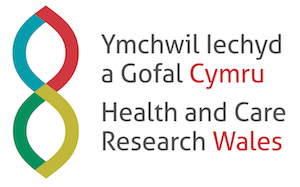News (2019archive)
 WONCA Rural's “Outstanding Service Award” to John Wynn-Jones
WONCA Rural's “Outstanding Service Award” to John Wynn-Jones
October 2019
The WONCA Working Party on Rural Practice Award for Outstanding Service to Rural Practice was presented to PRIME Steering Board Member, Dr John Wynn-Jones at the 16th WONCA World Rural Health Conference, Albuquerque October 2019.
The award given to working rural family doctors who have made an exceptional contribution to rural health on both a global and local perspective, recognising a clinician’s exemplary service to their rural communities, to their professional colleagues and to the next generation of doctors. John Wynn Jones is one of these doctors.
Read the full story on WONCA website: https://www.globalfamilydoctor.com/News/WONCAoutstandingserviceawardtoJohnWynn-Jones.aspx
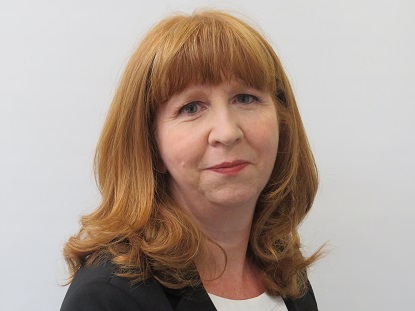 Victoria Shepherd runner-up in 2019 Royal College of Nursing in Wales Nurse of the Year Awards
Victoria Shepherd runner-up in 2019 Royal College of Nursing in Wales Nurse of the Year Awards
October 2019
The 2019 Royal College of Nursing in Wales Nurse of the Year Awards were held in Cardiff on Wednesday 13 November, and we want to congratulate three research colleagues who were awarded:
- Emma Mills, clinical research midwife at Aneurin Bevan University Health Board, who won the Children and Midwifery Award
- Hayley Forbes, community midwife at Aneurin Bevan University Health Board, who won the Supporting Improvement Through Research Award
- Victoria Shepherd, 2016-19 Health and Care Research Wales funded doctoral research fellow, who was runner up for the Supporting Improvement Through Research Award
Results from the perineural local anaesthetic catheter after major lower limb amputation (PLACEMENT) trial have been published in BMJ Open. The study was funded by the Research for Patient and Public Benefit (RfPPB) Wales and involved researchers from Centre for Trials Research, the Research Design and Conduct Service and Aneurin Bevan University Health Board.
PhD success - Victoria Shepherd
25 October 2019
NIHR Health and Care Research Wales Doctoral Research Fellow, Victoria Shepherd successfully defended her thesis in her viva on 24th October and has been awarded her PhD (subject to minor amendments).
Huge congratulations to Vicky on completing such a well conducted and important study on supporting family members making proxy decisions for research involving adults who lack capacity.
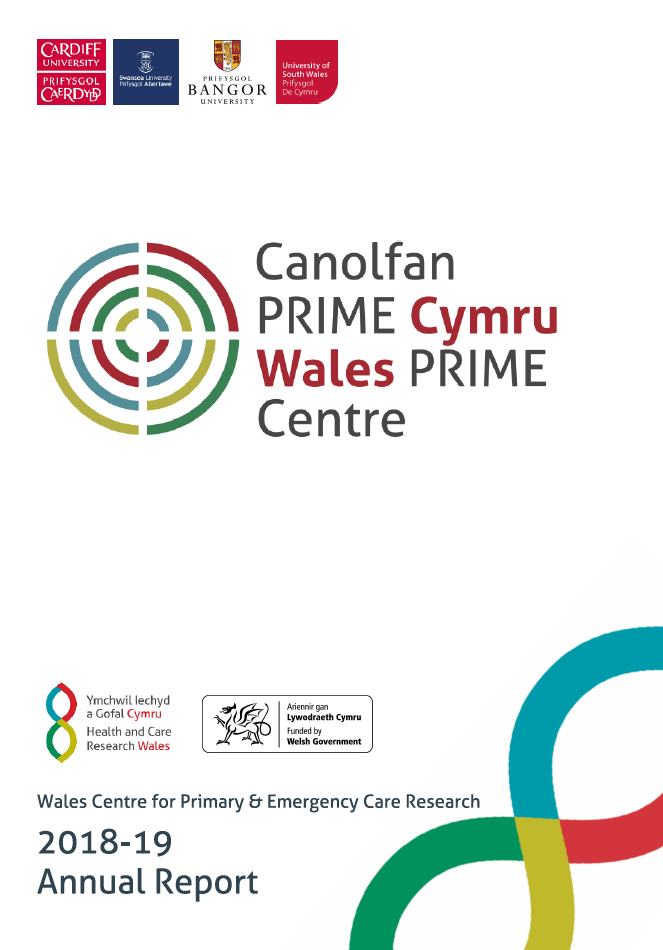 PRIME Centre Wales Annual Report 2018-19
PRIME Centre Wales Annual Report 2018-19
We are delighted to share with you the Wales Centre for Primary and Emergency Care Research annual report for 2018-19.
The report is available in English and Welsh, and can be viewed and downloaded via: http://www.primecentre.wales/annual-report-2018-19.php
Hard copies are also available - please contact info@primecentre.wales to request your copy.
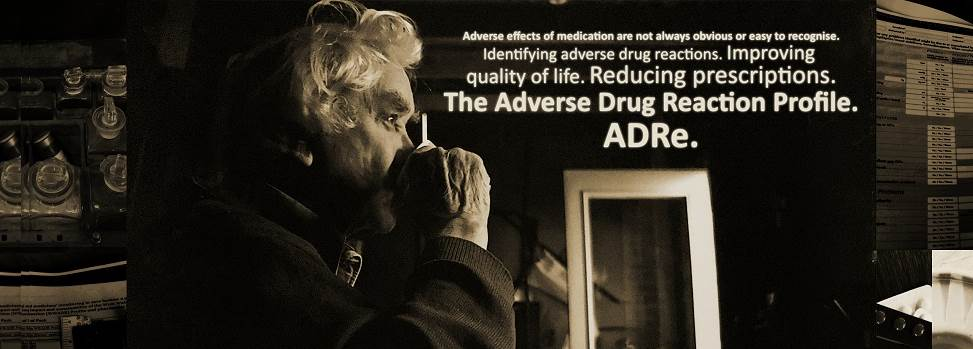 Call for structured drug monitoring in care homes
Call for structured drug monitoring in care homes
11 September 2019
Swansea University academics call for policy makers, regulators and healthcare professionals to adopt a structured medicine monitoring system after research showed a positive impact on the care of people living in care homes and taking mental health medicines.
Professor Sue Jordan from the University’s College of Human and Health Sciences led the research which is newly published in the PLOS ONE journal. The study showed how care home residents’ adverse side effects were picked up more effectively by their nurses and carers when a structured monitoring system was used alongside administration of mental health medicines.
 Evaluation of the Social Services and Well-being (Wales) Act 2014: framework for change report published
Evaluation of the Social Services and Well-being (Wales) Act 2014: framework for change report published
5 September 2019
The evaluation of the Social Services and Well-being (Wales) Act 2014 commenced in November 2018 and will run for at least three years.
The evaluation will deliver an independent assessment of the implementation of the Act. It will look at how the Act has affected the well-being of people who need care and support, and their carers.
The report covers:
- an overview of some of the contextual factors that may impact on the implementation of the Act in Wales
- a description of the framework for change
- an explanatory narrative of the framework for change.
View the report here: https://gov.wales/evaluation-social-services-and-well-being-wales-act-2014-framework-change
View the Framework for Change video here: https://wihsc.southwales.ac.uk/evaluation-implementation-social-services-and-well-being-wales-act-gwerthuso-gweithrediad-deddf-gwasanaethau-cymdeithasol-llesiant-cymru/framework-change-adroddiad-fframwaith-ar-gyfer-newid/
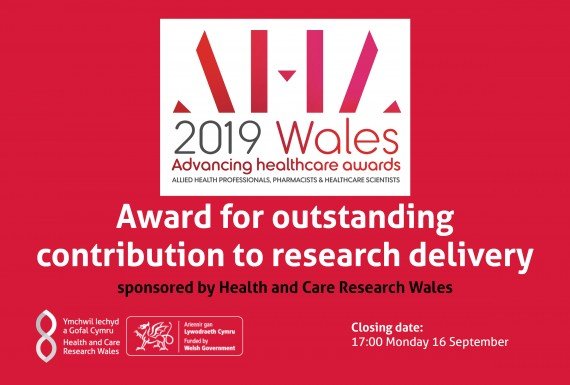 Health and Care Research Wales sponsors award to recognise outstanding research delivery
Health and Care Research Wales sponsors award to recognise outstanding research delivery
Closing date for entries: 16 September
The Advancing Healthcare Awards Wales are open to healthcare scientists, allied health professionals and pharmacists across Wales, recognising and celebrating the achievements of all three professions.
Read more and enter the awards.
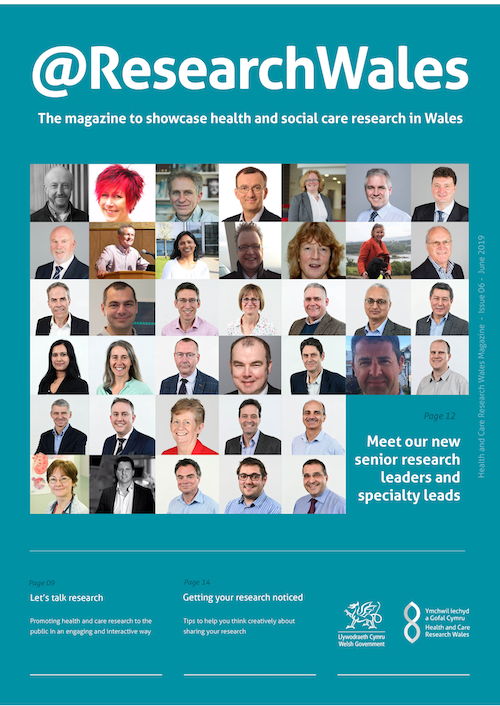 Read the latest issue of @ResearchWales
Read the latest issue of @ResearchWales
24 June 2019
Issue 6 of the @ResearchWales magazine is out now.
Read about PRIME Centre Wales' research collaboration with Cwm Taf Morgannwg UHB and Cardiff University School of Optometry and Vision Sciences aimed at improving urgent eye care on page 11.
Welsh: https://issuu.com/healthandcareresearchwales/docs/issue_6_final_cymraeg
English: https://issuu.com/healthandcareresearchwales/docs/issue_6_final_english
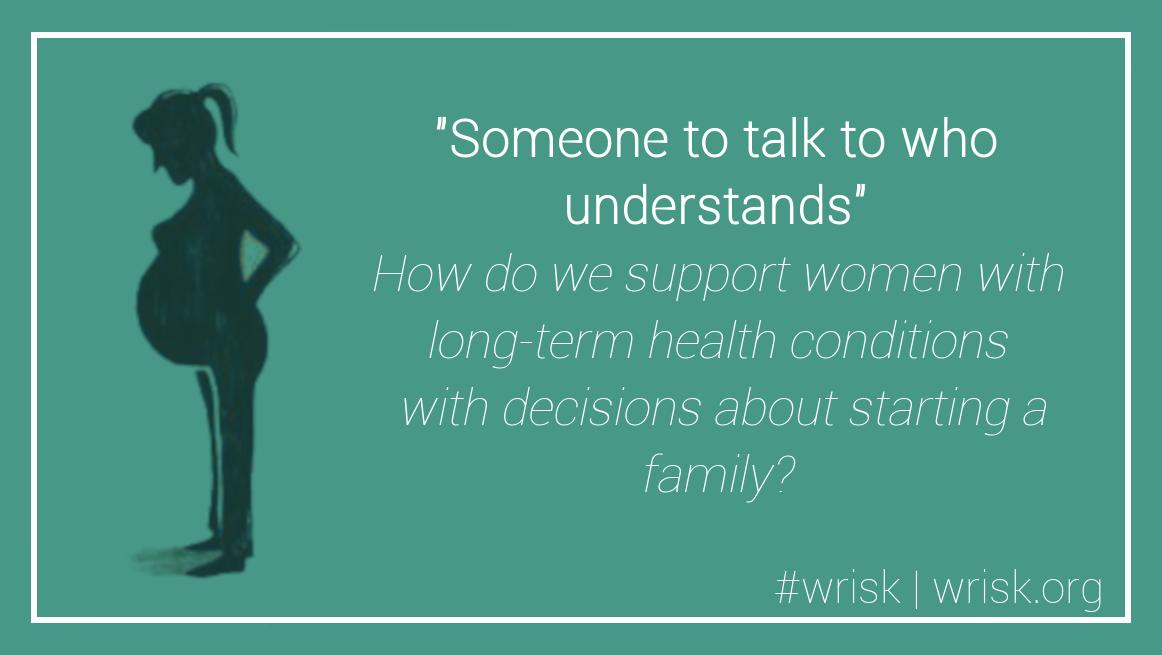 How do we support women with long term health decisions about starting a family?
How do we support women with long term health decisions about starting a family?
Blog post by Rhiannon Phillips
31 May 2019
PRIME Research Fellow, Dr Rhiannon Phillips has written a guest blog on our work around pregnancy and long-term conditions for the WRISK project. The WRISK project is a collaboration between the British Pregnancy Advisory Service (bpas) and Heather Trickey at the School of Social Sciences at Cardiff University. Working with stakeholders from a wide range of disciplines, the project draws on women’s experiences to understand and improve the development and communication of risk messages in pregnancy.
Read the blog post here: https://www.wrisk.org/uncategorized/someone-to-talk-to-who-understands-how-do-we-support-women-with-long-term-health-conditions-with-decisions-about-starting-a-family/
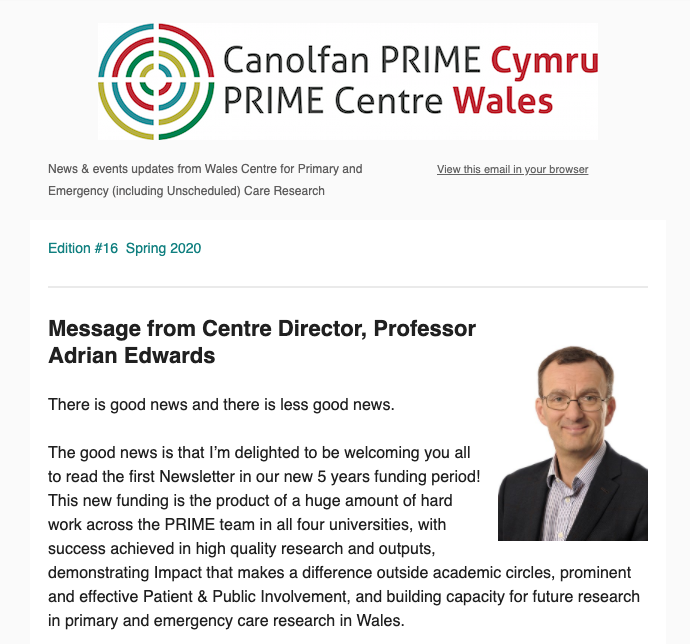 PRIME e-news bulletin - Spring 2020
PRIME e-news bulletin - Spring 2020
4 May 2020
Read our message from Centre Director, Professor Adrian Edwards announcing our new 5 years if funding, and find out what the PRIME Centre Wales research team have been doing to support the effort against CORID-19 in the Spring edition of the e-news bulletin.
Read the bulletin here: https://mailchi.mp/0439b08917f7/prime-centre-wales-e-news-bulletin-spring
Sign up to receive our quarterly e-news bulletin here: https://us12.list-manage.com/subscribe?u=f48544e8b5a7717edc3af7fc0&id=ccb0f0648f
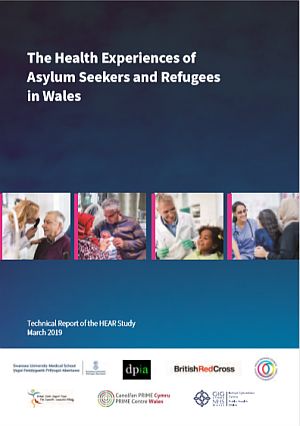 Sanctuary seekers and health professionals in Wales call for accessible health and wellbeing services for all
Sanctuary seekers and health professionals in Wales call for accessible health and wellbeing services for all
02 April 2019
Findings from the 'Health Experiences of Asylum Seekers and Refugees in Wales (HEAR)' study led by PRIME researchers at Swansea University have been published in a new Public Heath Wales report.
The study found that people seeking sanctuary, including refugees and asylum seekers, are struggling to access health and wellbeing services in Wales.
People seeking sanctuary reported feeling their needs were not recognised, and that they had experienced problems navigating through services, including language difficulties and a lack of appropriate interpretation.
Some respondents said the stress of being an asylum seeker or refugee contributed to their poor physical and mental health.
In a survey conducted as part of the HEAR study, nearly a quarter (23 per cent) of respondents said they did not know how to contact, or had not heard of, the 999 ambulance service.
Read full story and report on the Public Health Wales website
 People in Wales encouraged to suggest technologies to improve care
People in Wales encouraged to suggest technologies to improve care
4 March 2019
Health Technology Wales (HTW), an independent and innovative national body, has opened a Topic Call on St David’s Day.People are being encouraged to suggest non-medicine technologies that could improve health and social care in Wales.
From clinical commissioners and frontline care providers, to patients and members of the public, anyone can suggest a topic on Health Technology Wales’ website.
“Health Technology Wales will provide independent, evidence-informed Guidance on the clinical and cost effectiveness of non-medicine technologies to provide assistance to the Welsh care sector in its health technology adoption decisions,” said Dr Peter Groves, Chair of Health Technology Wales.
Non-medicine technologies can include; devices and diagnostic tests, implants, surgical procedures, psychological therapies and changes in treatment pathways. Topic referrals can also reflect the priority areas of the Welsh Government.
Health Technology Wales is currently planning its 2019 work programme to support a strategic, national approach to the identification, appraisal and adoption of non-medicine health technologies into Welsh health and social care settings.
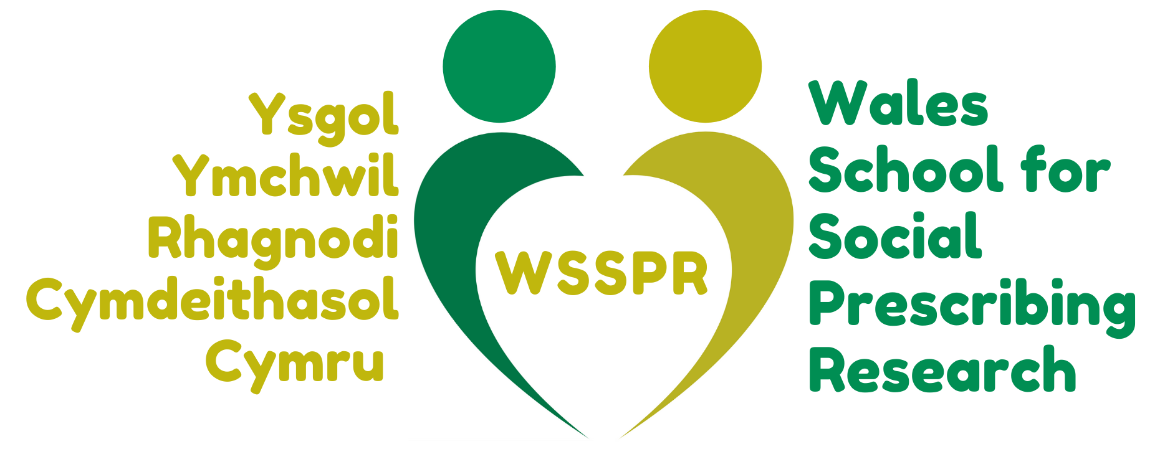 Social Prescribing: an alternative approach to reduce the reliance on the NHS and social care services in Wales
Social Prescribing: an alternative approach to reduce the reliance on the NHS and social care services in Wales
23 April 2020
The Wales School for Social Prescribing Research (WSSPR) was officially launched at the start of April.
Led by Director Professor Carolyn Wallace of the University of South Wales (USW) and co-chaired by Dr Sally Rees at the Wales Council for Voluntary Action (WCVA), this virtual school based within PRIME Centre Wales aims to develop a social prescribing evaluation methodology. It builds on the work previously completed by the Wales Social Prescribing Research Network (WSPRN). The network itself has won more than £700k in funding bids to date.
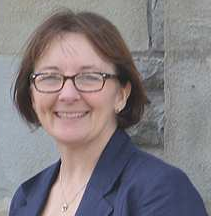 Professor Wallace comments:
Professor Wallace comments:
"The rapidly growing enthusiasm for social prescribing and its potential to influence delivery of services in primary and community care have exceeded expectation, but the development of its evidence base and robust quality standards for evaluation have trailed,”
“There is variable evidence to suggest that social prescribing reduces the footfall to GP surgeries of between 15% to 28%. The evidence varies so much because the impact of social prescribing depends on the type of model used, the link workers and their backgrounds, the locality, and the assets available within the community.
“Social prescribing is incredibly important. It helps people connect with their community and improve their well-being.”
What is social prescribing?
Social prescribing (SP) is a way of meeting the social, emotional and practical needs of people through services in the voluntary and community sector, rather than relying on health and social care services to provide a solution. People may be referred to a SP scheme for many reasons, such as bereavement, debt induced anxiety or social isolation.
SP schemes use various activities that are typically offered by voluntary and community sector organisations. Examples include volunteering, arts activities, group learning, gardening, befriending, cookery, healthy eating advice, and a range of sports. Read more.
 New app created to track coronavirus in Wales
New app created to track coronavirus in Wales
17 April 2020
A new app has been created to help the NHS keep track of the spread of coronavirus in Wales. First Minister Mark Drakeford is appealing for people to log their daily symptoms, even if they are displaying no symptoms, on the app to help build a clearer picture of how the virus is affecting Wales.
Scientists from Kings College London and the Secure Anonymised Information Linkage (SAIL) Databank at Swansea University will then work with the Welsh Government to analyse the data. Read Mark Drakeford's full statement on the app's website.
 Launch of the Community Pharmacy Contractors COVID-19 Toolkit
Launch of the Community Pharmacy Contractors COVID-19 Toolkit
Strategic Programme for Primary Care
April 2020
To support the retention of safe, efficient, and accessible pharmaceutical services, the Welsh Government have outlined a set of five key objectives:
- To protect the health and wellbeing of all pharmacy staff;
- To ensure community pharmacies continue to be available to dispense and supply repeat and acute prescriptions, with if necessary a reduction in hours pharmacies are open to the public;
- To support a move away from demand-led to more planned ways of working particularly in respect of repeat prescriptions;
- To reduce footfall in community pharmacies both to support social-distancing and reduce pressure on pharmacy teams; and
- To support the public to self-care, through improved access to online information or through telephone advice and medicines from their community pharmacist
Work has been underway with partners across Government, Health Boards, Community Pharmacy Wales, the Royal Pharmaceutical Society, along with other key stakeholders to develop a range of measures to support meeting these objectives.
There is an expectation on community pharmacies, practices and clusters to work collaboratively in establishing the best patient and prescription journey, especially for symptomatic and COVID-19 positive patients and those requiring urgent palliative care medicines.
This toolkit compiles information that has so far been released in relation to each of these objectives. It also offers guidance and supporting information to enable the continuity of services by community pharmacies at this unprecedented time of pressure. Practical tips and templates have been included to help contractors navigate their way through the process.
Download the toolkit here: Community Pharmacy Contractor COVID-19 Toolkit.pdf
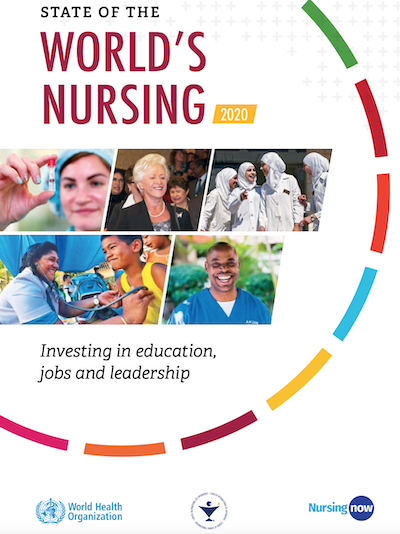 State of the world's nursing report
State of the world's nursing report
8 April 2020
Joyce Kenkre, Professor of Primary Care at the University of South Wales and Associate Director of PRIME, is a contributor to the first State of the world’s nursing report release today, entitled: 'State of the world's nursing: Investing in education, jobs and leadership'.
Nurses are critical to deliver on the promise of “leaving no one behind” and the global effort to achieve the Sustainable Development Goals (SDGs). They make a central contribution to national and global targets related to universal health coverage, noncommunicable diseases, including mental health, emergency preparedness and response, patient safety, and the delivery of integrated, people-centred care, amongst others.
This State of the world’s nursing report, developed by the World Health Organization (WHO) in partnership with the International Council of Nurses and the global Nursing Now campaign provides a compelling case on the value of the nursing workforce globally.
Read the report here: https://www.nursingnow.org/state-of-the-worlds-nursing/?doing_wp_cron=1589299782.8114180564880371093750
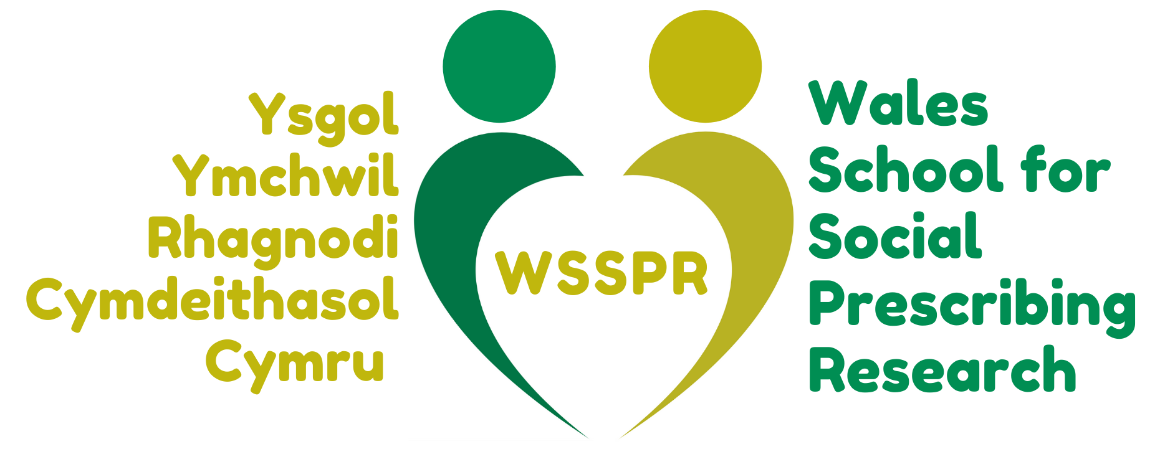 Welcome to WSSPR
Welcome to WSSPR
We are pleased to officially launch the Wales School for Social Prescribing Research, funded by Health and Care Research Wales and nested within PRIME Centre Wales.
2 April 2020
WSSPR is a virtual all-Wales school which aims to develop a social prescribing evaluation methodology, building on the work previously completed by the Wales Social Prescribing Research Network (WSPRN).
WSPRN is a network of researchers and practitioners in Wales who are interested in social prescribing research, which sits inside WSSPR.
Please head over to our new website to learn more about us, our current projects and our research network - www.wsspr.wales.
You can also follow us on Twitter @WSSPRCymru or get in touch with us via. e-mail - wsspr@southwales.ac.uk.
We look forward to working with you in the future.
Professor Carolyn Wallace
Director of WSSPR
 Have your say – Evaluation of the Social Services and Well-being (Wales) Act,
Have your say – Evaluation of the Social Services and Well-being (Wales) Act,
March 2020
Please help with this evaluation of the Social Services & Well-being (Wales) Act 2014. What has changed for you?
The Welsh Government has commissioned a partnership between leading academics across four universities in Wales and expert advisers to deliver the evaluation of the ground-breaking Social Services and Well-being (Wales) Act 2014.
We are currently undertaking the process evaluation phase of the study which aims to understand how the Social Services and Well-being Act has been/is being implemented and delivered at a national, regional and local level. It will consider the role that the wide range of organisations that are impacted by the Act have had in this implementation, and identify factors that have helped or hindered its effectiveness.
 Blog post from Megan Elliott: What influences men to take part in weight loss programs?
Blog post from Megan Elliott: What influences men to take part in weight loss programs?
25 February 2020
Men tend not to take part in weight loss programs but few studies explore why this may be. In this blog post, the lead author of a new qualitative study published today in BMC Public Health discusses her team's research which seeks to answer this question.
However, engagement of men in these weight loss programs is low. Men make up 11-25% of people who go to Counterweight, Weight Watchers, Slimming World and Rosemary Conley Diet and Fitness Clubs. With a greater prevalence overweight men compared to women in the UK, and rising obesity rates globally, this lack of engagement is concerning.
Our study, published in BMC Public Health, sought to understand what influences the engagement of men in weight loss services.
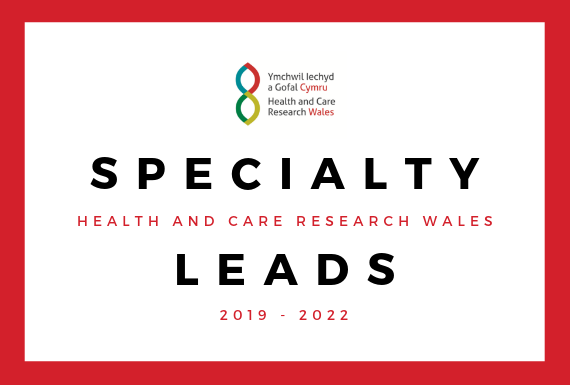 Speciality Leads Awards 2019
Speciality Leads Awards 2019
25 February 2019
PRIME Centre Wales staff will continue to have ongoing involvement with the Health and Care Research Wales Speciality Leads following the recently completed recruitment process for 2019-21.
Congratulations to PRIME colleagues:
- Mr Nigel Rees (PRIME stakeholder lead for Welsh Ambulance Services Trust) and Dr Ceri Battle who have been announced as the new Speciality Leads for injuries and emergencies (taking over from Professor Helen Snooks, PRIME Associate Director)
- Dr Andrew Carson-Stevens (PRIME lead for Patient Safety) announced as Speciality Lead for Primary Care, taking over from PRIME Director Adrian Edwards
- Professor Ivor Chestnutt (PRIME lead for Oral and primary dental care) who continues in the role as Speciality Lead for Oral and dental heath.
Specialty Leads in Wales provide important strategic support as part of the Health and Care Research Wales Support & Delivery Service, building networks of principal investigators within their specialty and supporting the uptake of studies throughout Wales.
They map onto the 30 National Institute for Health Research (NIHR) therapeutic areas and provide strong UK-level engagement for Wales.
The full list of new leads can be viewed at: https://www.healthandcareresearch.gov.wales/news/health-and-care-research-wales-specialty-leads-2019/
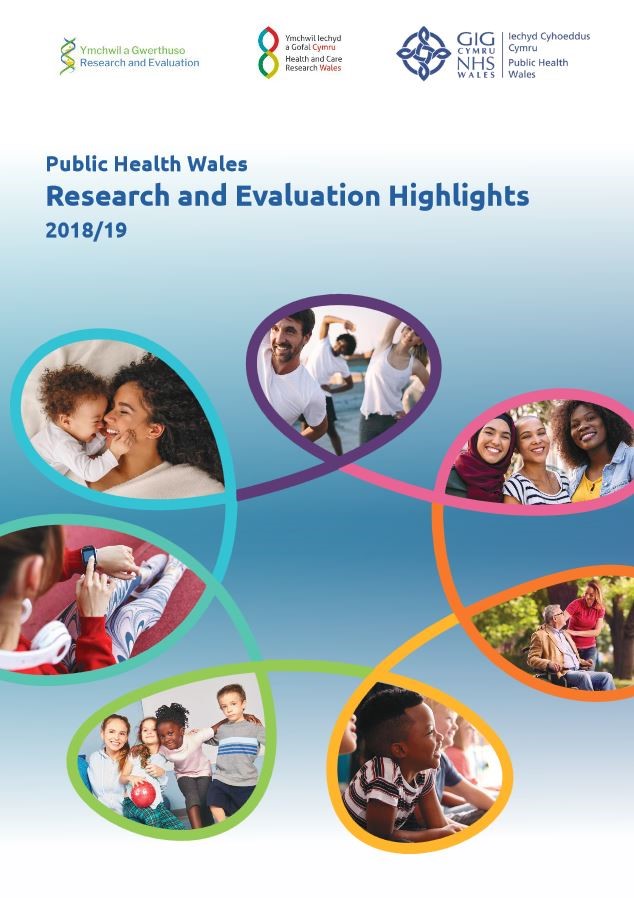 PHW Research Evaluation Highlights
PHW Research Evaluation Highlights
Public Health Wales has published its latest annual Research and Evaluation Highlights report. The report makes for impressive reading, covering our involvement in innovative research and evaluation with significant impact on public health, policy and practice, both nationally and internationally.
Read the report at: https://phw.nhs.wales/services-and-teams/knowledge-directorate/research-and-evaluation/publications/public-health-wales-research-and-evaluation-highlights-2018-19/
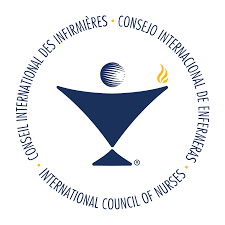 2020 Year of the Nurse Celebrating Nursing and Midwifery endorsed by WHO Executive Board
2020 Year of the Nurse Celebrating Nursing and Midwifery endorsed by WHO Executive Board
31 January 2019
The International Council of Nurses (ICN) and the Nursing Now campaign are delighted to support the endorsement by the World Health Organization Executive Board (WHO EB) to designate 2020 as the Year of the Nurse and Midwife. The recommendation was made yesterday evening in Geneva by Dr Tedros Adhanom Ghebreyesus, Director-General of WHO. The proposal will go to the World Health Assembly in May for its consideration.
Noting that 2020 will be the 200th anniversary of the birth of Florence Nightingale, and recognising her contribution to health and humanity, Dr Tedros said that, “Nurses and midwives play such a vital role in delivering Health for All”. Click here to watch Dr Tedros’ speech. Read more
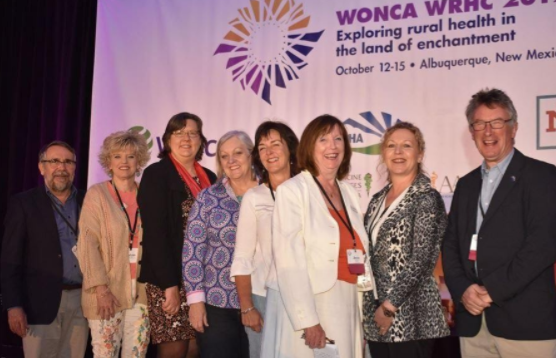 Blog post from Professor Joyce Kenkre
Blog post from Professor Joyce Kenkre
Landmark declaration made by Rural WONCA and commitment of support for nurses and midwives worldwide to advance the goals of Nursing Now
29 January 2020
If we are to achieve Universal Health Coverage (UHC) in the foreseeable future, it will be the rural and isolated parts of the world that will provide us with the greatest challenge. Although just under 50% of the global population live in rural areas, only 34% of the world’s nurses and 24% of the world’s doctors work in rural areas. 56% of the globe’s rural population do not have access to health whereas only 22% of those living in towns and cities are denied care.
The Declaration of Astana emphasised the importance of primary health care in meeting the needs of those who are currently denied health care. The declaration went on to describe the primary care workforce as being multi-professional and multidisciplinary. The future of rural health care will be in the development of dynamic teams of professionals working together and bringing their different skills and knowledge to meet the needs of their patients and communities.
The 16th WONCA World Rural Health Conference in Albuquerque, New Mexico (USA) on the 15th October 2019 unanimously agreed a statement and a commitment to the importance of nursing in rural health care and to Nursing Now 2020.
Read the full post on the Nursing Now website
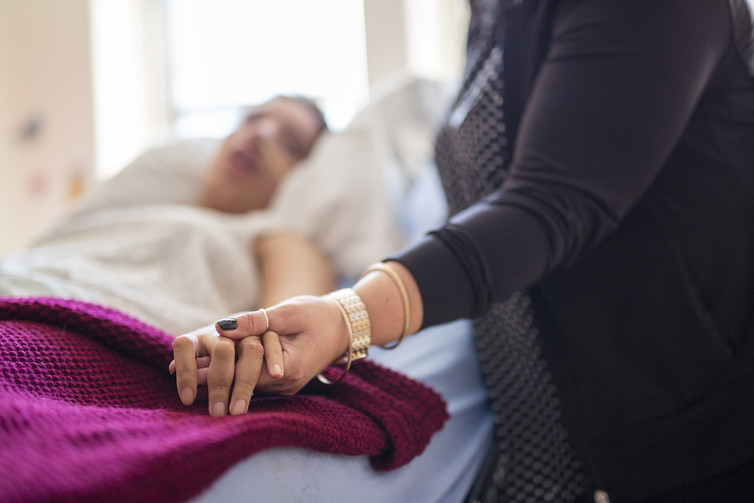 Improvements needed to out of hours palliative care
Improvements needed to out of hours palliative care
29 January 2019
A better understanding of risks and causes of harm for out of hours palliative care is urgently needed to ensure patient safety, a study conducted by the patient safety team at PRIME and funded by terminal illness charity Marie Curie and the RCGP has found.
Out of hours care refers to care needed by anyone – not only those with palliative care needs - between 6.30pm and 8am Monday to Friday, on weekends and during bank holidays. Out of hours palliative care is for people with a terminal illness who have end of life care and support needs.
With General Practice looking after an ageing population with increasingly complex care needs, it is vital to have good palliative care support for patients and their families, out of hours in people’s homes.
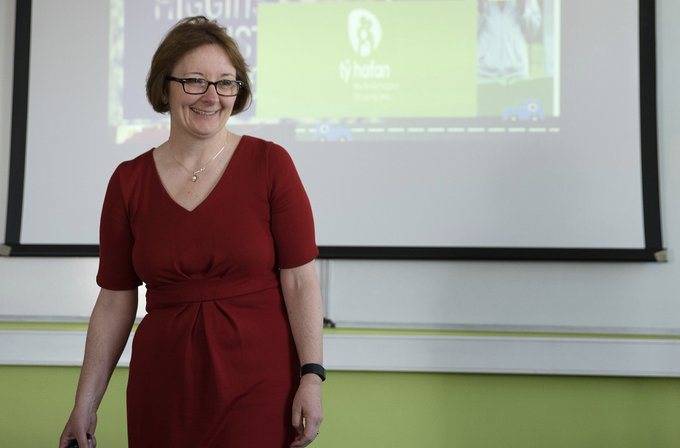 Carolyn Wallace appointed to Professor of Community Health and Care Service
Carolyn Wallace appointed to Professor of Community Health and Care Service
6 January 2020
Congratulations to Dr Carolyn Wallace on her appointment to Professor of Community Health and Care Service at University of South Wales.
Community Health and Care Services focusses on the improvement of services in the community, including services in statutory health and social care, primary care, third sector, independent sector and the workforce.
Carolyn has a specific interest in integration across health and social care. Her background as a nurse, NHS manager and currently as chair of Age Cymru Gwent has been key to understanding the context of both health and care community working environments.
Carolyn is currently seconded for three days per week to PRIME Centre Wales where she leads on the social care cross cutting theme, co-leads the long term conditions theme and supports the Community Nursing Research Strategy for Wales.
Full story: https://wihsc.southwales.ac.uk/news/2019-news/carolyn-wallace-appointed-professor/
 Award congratulations and things to do in 2019
Award congratulations and things to do in 2019
02 January 2019
Congratulations to Dr David Foster
We are delighted to congratulate our Chair of Trustees Dr David Foster on the award of OBE for services to nursing and midwifery and as a charity trustee. A very well-deserved award.
Save the date
Developing person-centred, safe and effective cultures through practice development
Next school 22-26 July 2019
We are pleased to confirm we will be hosting our highly-rated practice development school again this year. And happily, we are able to hold the prices at 2018 levels (early bird is £1,050 until 31 March 2019 and then £1,200 inclusive). Email debbie.warren@fons.org to be put on the mailing list for the brochure and registration form (available mid-January). More information is available on the website.
Why publish with the International Practice Development Journal?
The IPDJ aims to facilitate dialogue about the contribution that person-centred and participatory ways of working and researching; practice development; and related fields of inquiring, improving and transforming practices and cultures of care can make to health and social care services and academia. It is also a friendly and supportive place to publish. Recent authors say:
- ‘You are encouraged to be creative in your thinking, writing and presentation’
- ‘Help on hand for first time publication authors’
- ‘I was very happy about the publishing process, and received helpful comments from the reviewers’
- ‘a fantastic resource for publishing innovative, creative, systematic and rigorous articles that advance the development and improvement of practice’
Why not explore our current issue or our top 10 downloaded papers?
Submissions are welcome at any time. The deadline for publication in Vol 9, No 1 (May 2019) is 16 January 2019; however, there may be flexibility for Critical Reflection on Practice Development articles (please contact us). If you are interested in publishing with the IPDJ (including Ideas and Influences article or Commentaries) please visit the website and email ipdj@fons.org for more information.
The RCN International Nursing Research Conference 2019
Call for abstracts is now open and closes 11 April 2019. For more details on the criteria and how to submit an abstract, visit the RCN website.


